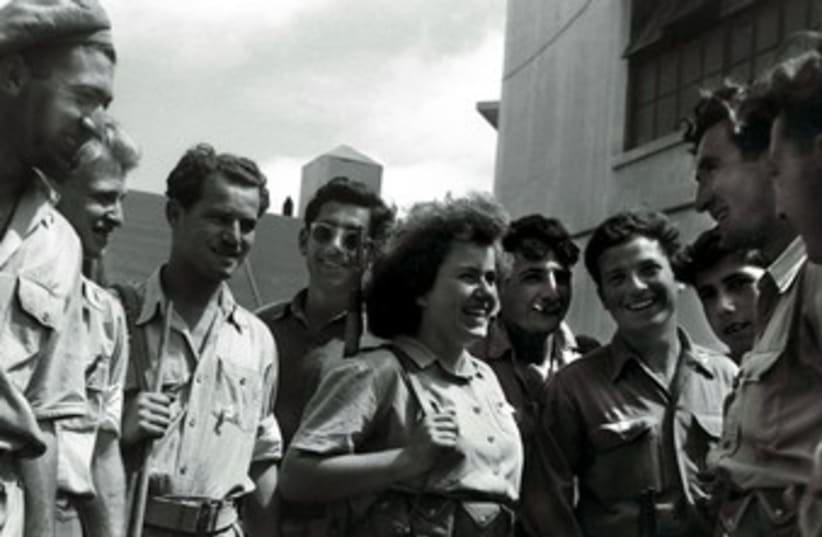Irgun, Lehi, Hagana descendants protest Army Radio's move to Jerusalem
Defense Minister Avigdor Liberman's decision to house Army Radio in the Museum of Underground Prisoners has sparked concerns from sons and daughters of the underground groups' fighters.
